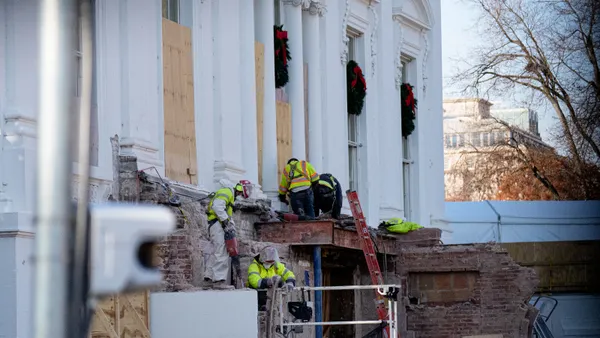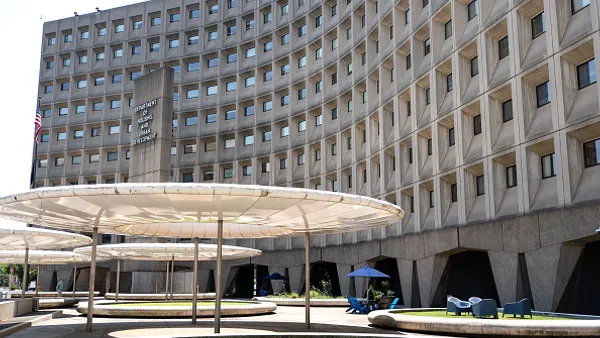Dive Brief:
- San Franciscans wanting to rent their residences to users of home-sharing services like Airbnb are required to pay a registration fee ($50 now, but it increases to $250 in November). But at least eight in 10 don’t bother registering, according to NBC Bay Area.
- San Francisco city supervisors, in June, cried foul and approved a law allowing the city to charge home-share companies like Airbnb $1,000 per day if the company allows unregistered users to post rentals on their sites.
- Airbnb recently issued an 18-page lawsuit accusing San Francisco of violating its constitutional right of commercial speech, claiming that having to verify who has registered would be a "significant burden" to the company.
Dive Insight:
With San Francisco’s tight housing market and high cost of living, city supervisors argued that home sharing stands to tighten that market further and could contribute to shrinking its middle class.
The full scope of the impact on the rental market of the home-sharing trend through companies like Airbnb has yet to be determined. In cities like San Francisco and San Diego, which attract travelers year-round while locals contend with high costs of living, critics argue that apartment owners can simply rent out their space for weekends or entire weeks rather than put the property on the market for longer-term renters, further tightening housing inventory and contributing to higher rental prices.
Increasing construction in these markets is one answer to claims that home-sharing will ruin the rental market in some of the country's largest and most expensive cities in which to live. In San Diego, for example, a study from the University of Southern California and Beacon Economics found that without a boost in new construction activity, employment gains and population growth, monthly rents would rise $115 by 2018.
Rent growth is slowing, The Wall Street Journal reported in June, as major U.S. cities see an increase in multifamily construction, in some cases growing at more than twice the typical rate. Developers fill the properties by offering concessions to their first classes of renters, lowering rents throughout the neighborhood.
In the meantime, some cities are using home-sharing to help potential home buyers get a feel for neighborhoods in which they're considering a purchase. Last year, Airbnb teamed up with Realtor.com to let potential buyers book a night in a private room near the house or apartment they're thinking of buying.













